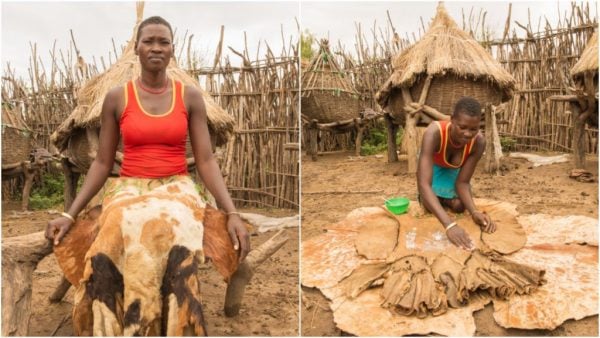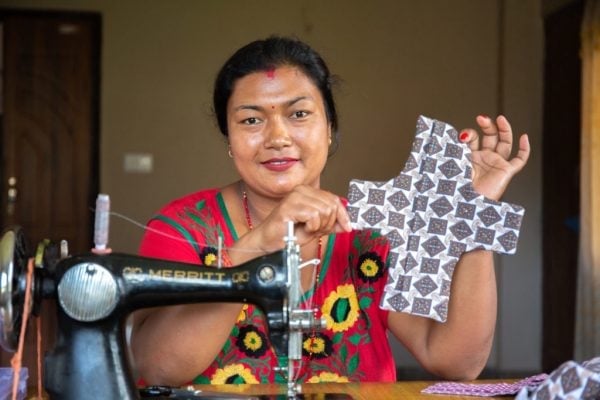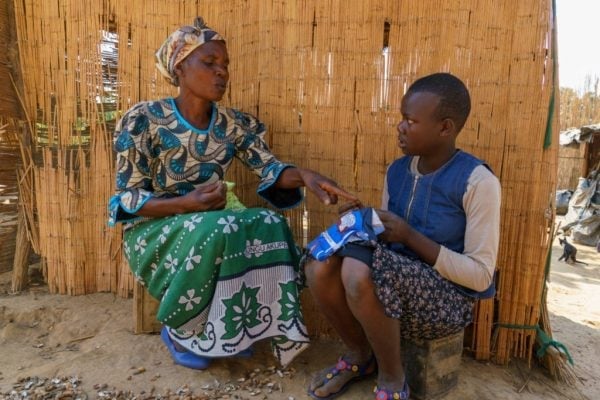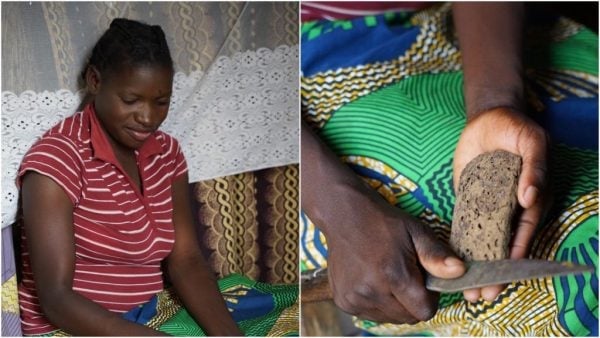
In the Western world, the ease with which women can manage their periods can often be taken for granted.
From organic cotton tampons to THINX underwear, we have a plethora of options to choose from when it comes to our monthly flows. But, in countries around the world, from India to Uganda, sanitary products can prove too expensive or unattainable, while periods are often taboo.
According to a global survey, 73 per cent of women “sometimes or always” hide their periods from others, while 68 percent of women are afraid to talk about their periods with their romantic partners. Lack of clean water, sanitary products, or even access to restrooms can make periods difficult for women to navigate or even speak about. One in nine people do not have clean water close to home, while one in three lack access to a decent toilet, reports the non-profit WaterAid.
In Australia, period poverty is a real issue. The Quicky spoke with Rochelle Courtenay from Share The Dignity on why Aussie girls are missing school because of their period.
Without these services, menstruation can affect women’s health and involvement in social and economic life, such as young girls dropping out of school.
“When I am on my period, I stop playing soccer or any other sporting activities,” says 19-year-old Doris of Zambia.
“I can’t run or play games with my friends.” Doris uses lint cotton for her periods, which can prove itchy and scarce in the rainy seasons.




